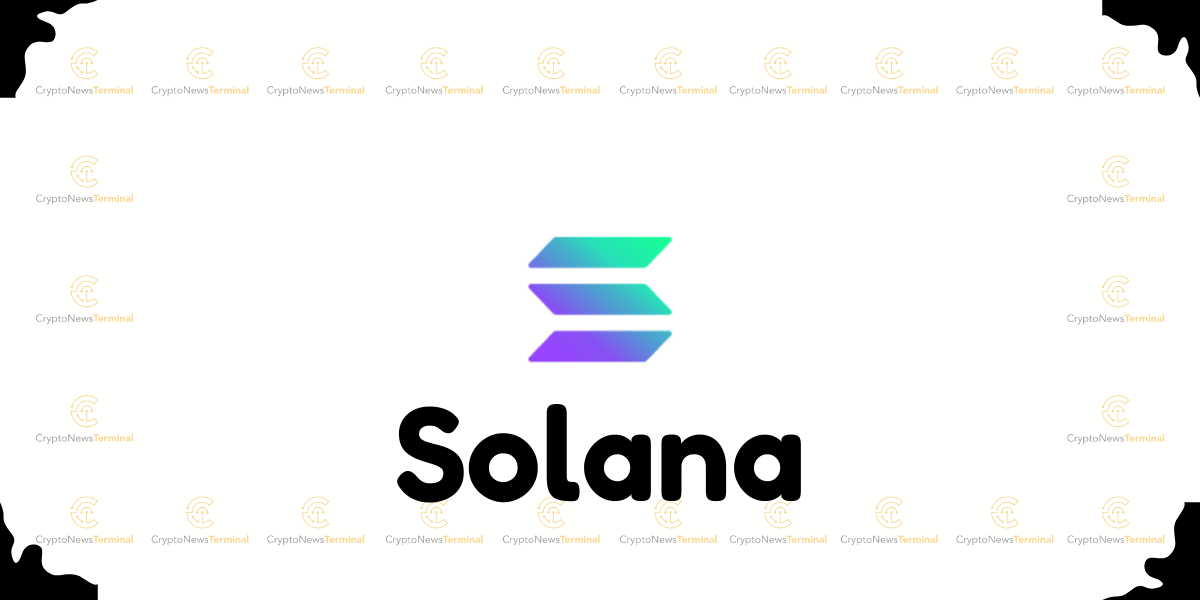SEC's Salt Lake City Office Closes Amid 'Debt Box' Controversy
 CryptoNewsTerminal Staff04 Jun, 2024
CryptoNewsTerminal Staff04 Jun, 2024

SEC's Salt Lake City Office Closes Amid 'Debt Box' Controversy
SEC Closes Salt Lake City Office Involved in 'Debt Box' Lawsuit The United States Securities and Exchange Commission (SEC) has announced the closure of its Salt Lake City office, which was home to lawyers involved in a controversial lawsuit against the crypto project Debt Box. The office closure comes after the lawyers involved resigned in April. In a statement, the SEC explained that the decision to close the office was made after considering the agency's budget and organizational efficiency. The SEC emphasized that it has no plans to close any other regional offices. The Salt Lake City office had been responsible for enforcement matters in Utah, Idaho, Montana, and Wyoming. The SEC stated that the Denver office will now assume all enforcement responsibilities for these areas. What is the 'Debt Box' Lawsuit? The 'Debt Box' lawsuit was a civil action filed by the SEC against the founders of a company called Paragon Coin. The SEC alleged that Paragon Coin had fraudulently sold digital tokens to investors, raising over $12 million. The lawsuit attracted significant attention due to the involvement of the SEC's Salt Lake City office. The lawyers involved in the case were known for their aggressive enforcement of securities laws against crypto companies. Why Was the SEC's Salt Lake City Office Closed? The SEC has not explicitly stated why it decided to close its Salt Lake City office. However, the closure comes shortly after the resignation of the lawyers involved in the 'Debt Box' lawsuit. Some observers have speculated that the closure is a sign that the SEC is reevaluating its approach to crypto enforcement. The SEC has been criticized in the past for taking a heavy-handed approach to crypto regulation. The closure of the Salt Lake City office could signal a shift towards a more balanced approach to crypto enforcement. The SEC may be seeking to avoid unnecessary conflicts with the crypto industry while still protecting investors.











